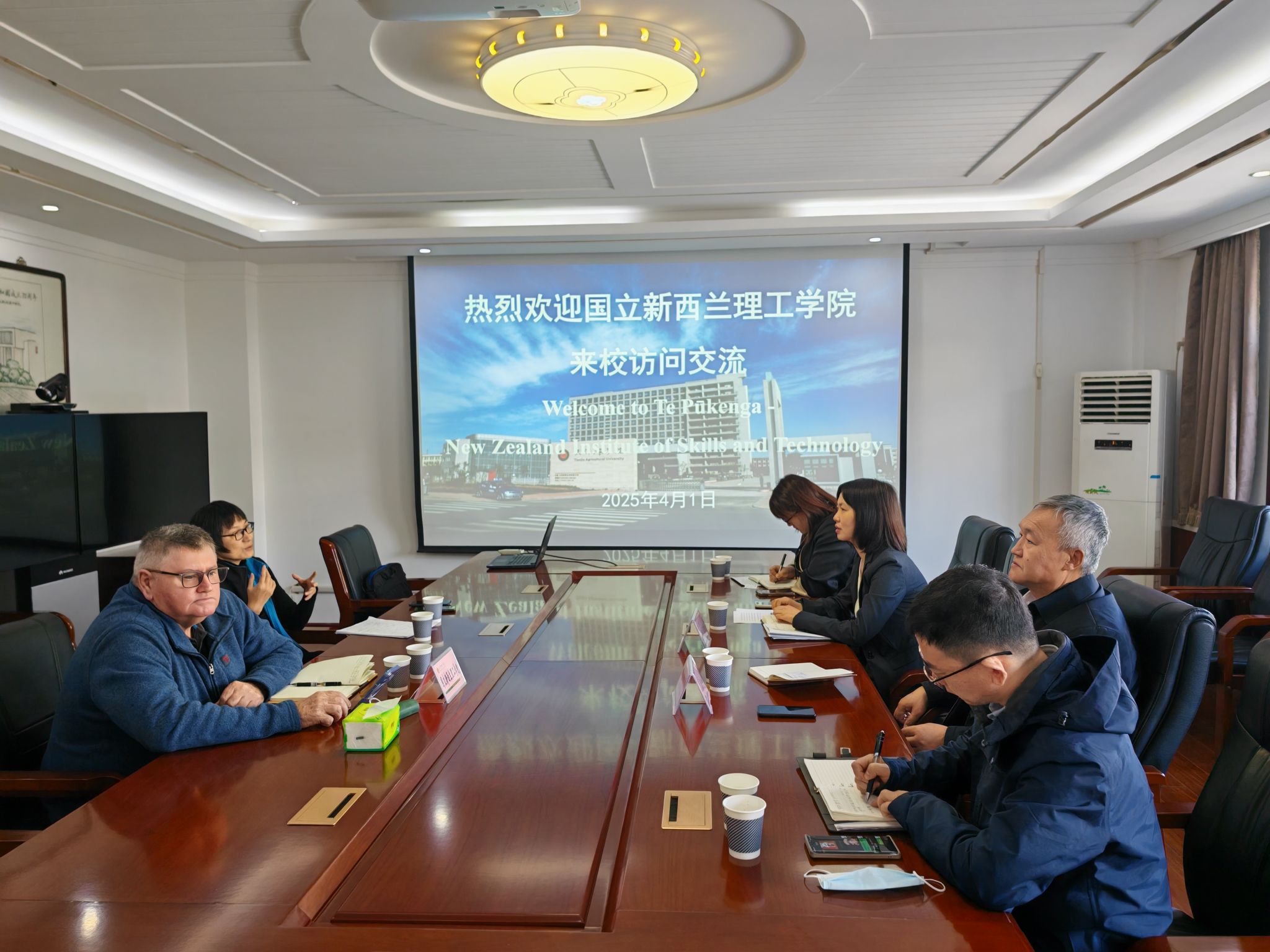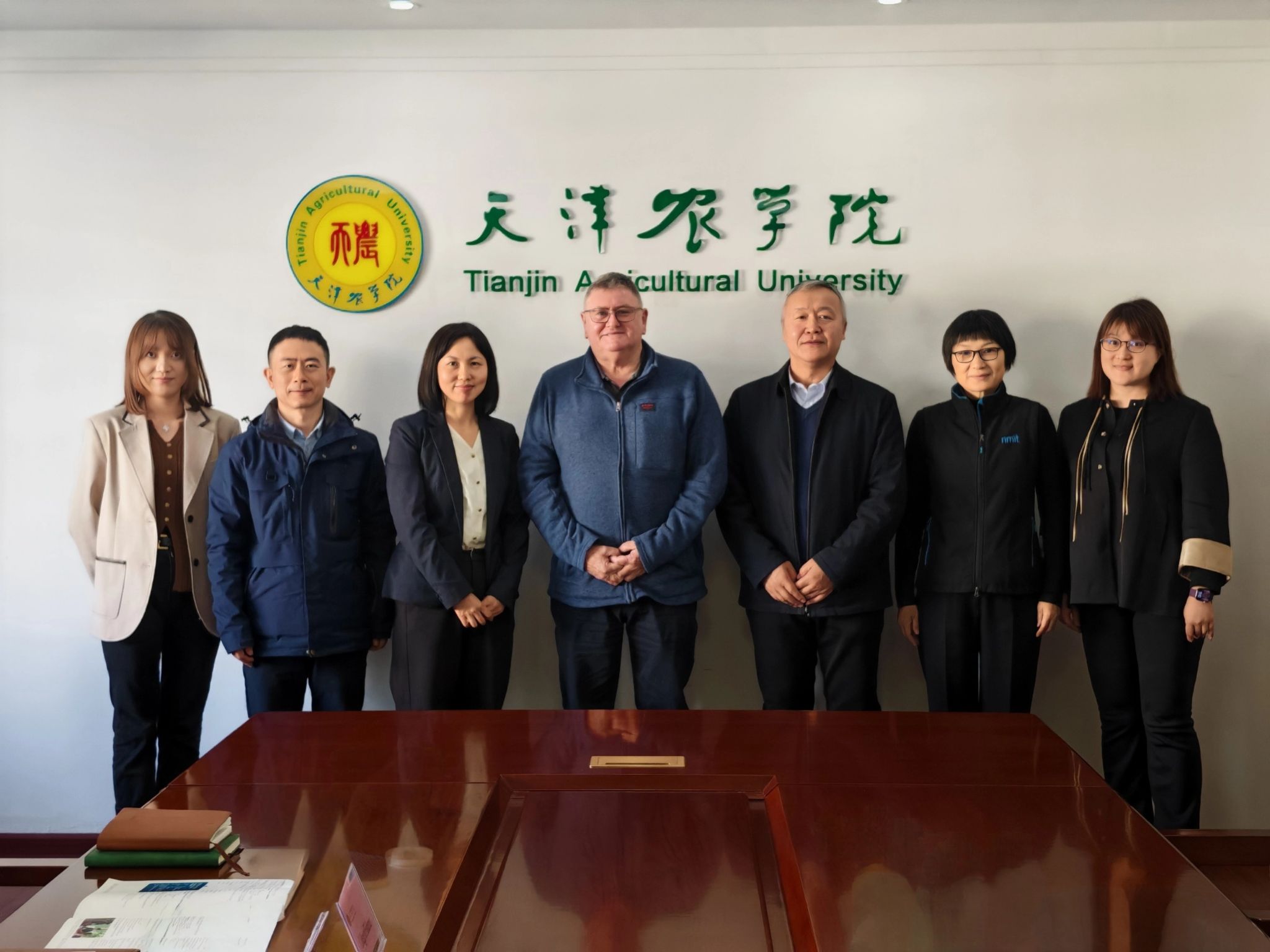On April 1st, John Inglis, the head of international courses at Nelson Marlborough Institute of Technology (NMIT) in New Zealand, and Yang Naiqi, the coordinator of the Chinese project, visited our university. Officials from the International Office and the College of Fisheries attended the meeting. Both parties will engage in discussions and exchanges regarding the continuous advancement of preliminary cooperation and the optimization of joint training project plans.

At the meeting, Fang Jie, Deputy Director of the International Exchange Office, welcomed the visit of John Inglis and his delegation on behalf of the school, and introduced the foundation of cooperation and talent cultivation between the two schools in the early stage. Guo Yongjun, Dean of the School of Fisheries, and Wang Qingkui, Vice Dean, introduced the development history, professional settings, and scientific research innovation achievements of our school's School of Fisheries, focusing on showcasing the disciplinary advantages and characteristics in the fields of smart fisheries and ecological aquaculture.
John Inglis highly praised the foundation of cooperation between the two universities in the early stage and introduced the course plans and cooperation models for joint undergraduate and master's programs such as "3+1" and "3+1+1.5" in aquaculture and marine conservation, grape planting, and wine making.
Through this meeting, both parties further clarified the training objectives and models of cooperative education, and agreed to continue to strengthen the foundation of cooperation, relying on related majors such as aquaculture, marine fisheries science and technology, and continuously carry out credit recognition and resource sharing.

Since our university established a cooperative relationship with Nelson Marlborough Institute of Technology (NMIT) in New Zealand in 2017 and launched a joint student training program, the two schools have maintained friendly exchanges and cooperation. In the future, both sides will continue to uphold the concept of openness and sharing, promote complementary advantages and resource sharing, optimize talent training programs, deepen cooperation in teacher-student visits, student joint training, and other aspects, enrich the connotation of cooperation between the two universities, and enhance the level of international scientific research cooperation.
(From the International Office; Text: Liu Xuemeng)
